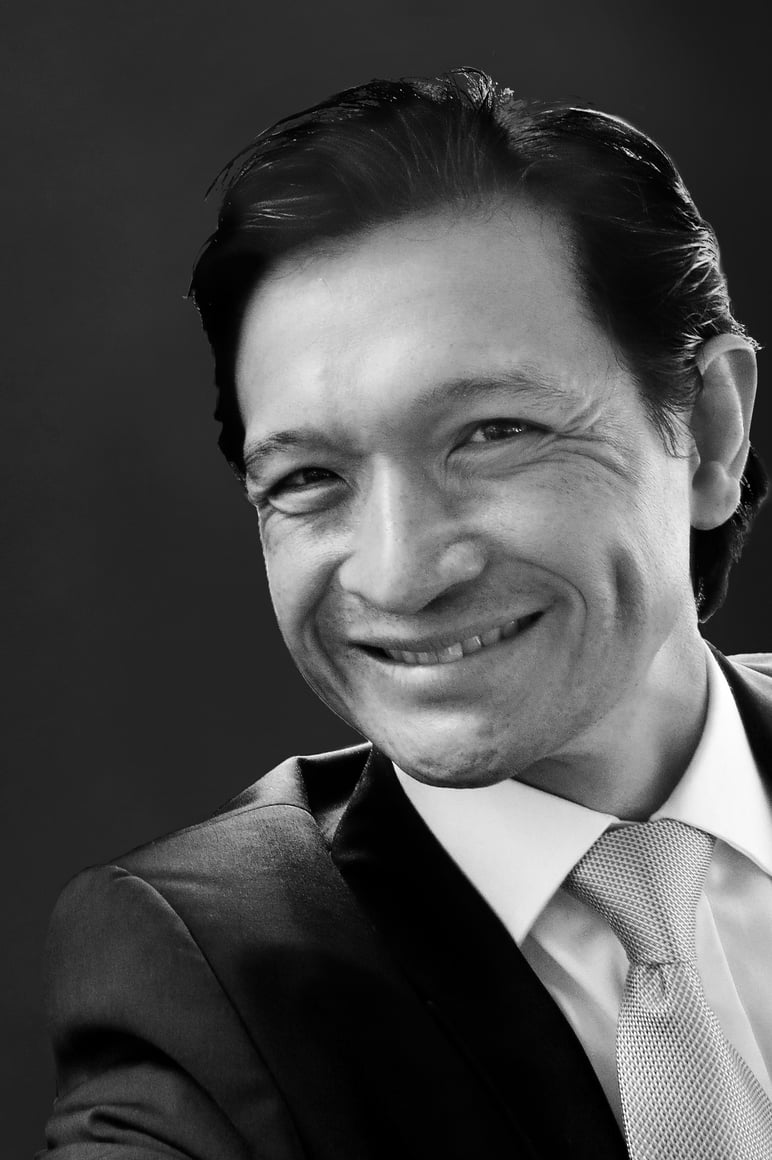
Chinese birth tourism in Canada isn’t a loophole, grey area or oversight. It’s 100 per cent legal
Guidelines for immigration staff say giving birth in Canada is no violation of the rules governing tourists, and pregnancy does not have to be declared because it isn’t considered a ‘medical condition’
The simmering furore over birth tourism in the Vancouver region is heated by the assumption that the Chinese women flocking to deliver their little bundles of Canadian citizenship are somehow gaming the system.
Even if they are complying with the letter of the law – which grants citizenship to anyone born in Canada, regardless of the status of the parents – the intent of the law, and the intent of officials in charge of Canada’s borders and immigration rules, must surely lie elsewhere when it comes to birth tourists. We’re dealing with the result of an oversight. Surely. Right?
Wrong.
Canada’s immigration authorities are well aware of the phenomenon of birth tourism, which has led to more than two dozen private “baby houses” being set up in British Columbia’s lower mainland to accommodate pregnant mainland Chinese travellers. Infants with non-resident mothers made up 22.1 per cent (474 babies) out of all newborns in the 2017/2018 financial year at Richmond Hospital, where the practice is soaring.
Chinese birth tourism: Canadian hospital sues mother of million-dollar baby
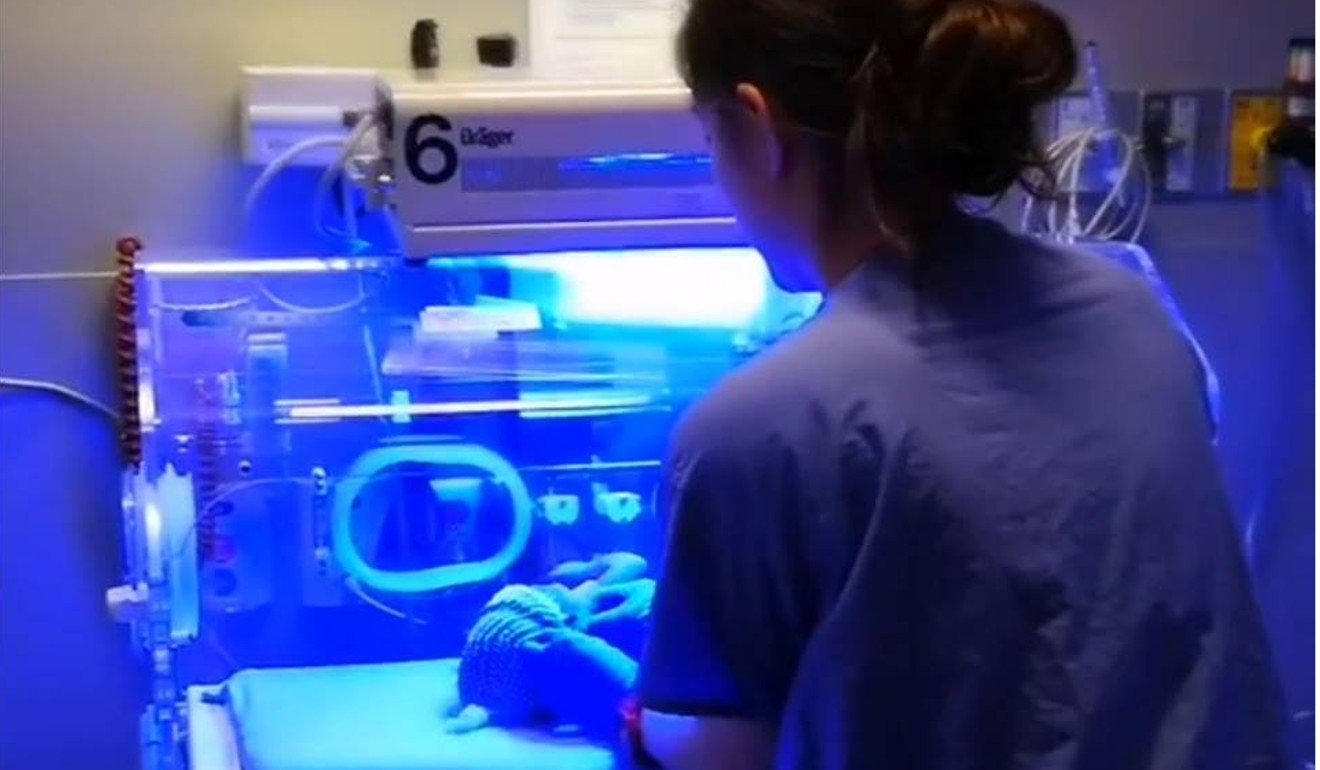
“Giving birth in Canada does not represent a violation of any terms or conditions which may be applied to a temporary resident,” the bulletin says.
“Thus, there is no provision in IRPA [Immigration and Refugee Protection Act] to refuse a TRV [temporary resident visa] solely on the basis of the intent of the applicant to give birth in Canada.”
That’s as long as a pregnant visitor has sufficient funds and is expected to leave Canada at the end of their stay – rules which apply to all visitors, pregnant or not.
Giving birth in Canada does not represent a violation of any terms or conditions which may be applied to a temporary resident
It’s true that in applying for a visa, applicants must assert whether they or accompanying travellers have physical or mental conditions that would require social or health services in Canada. What if the mother-to-be answers “no”? Surely that, at least, represents the kind of deception that would see a visitor barred? Surely. Right?
You know where this is heading.
“Answering ‘No’ to this question should not normally be considered misrepresentation in the case of pregnant applicants, given the terminology used,” staff are told in the operational guidelines.
“Pregnancy may not normally be viewed as a ‘medical condition’.”
Failing to disclose the intent to give birth in Canada may only weigh on admissibility insofar as it relates to the same factors that apply to all other visitors: namely, the ability to pay for the stay in Canada, and the intent to depart afterwards.
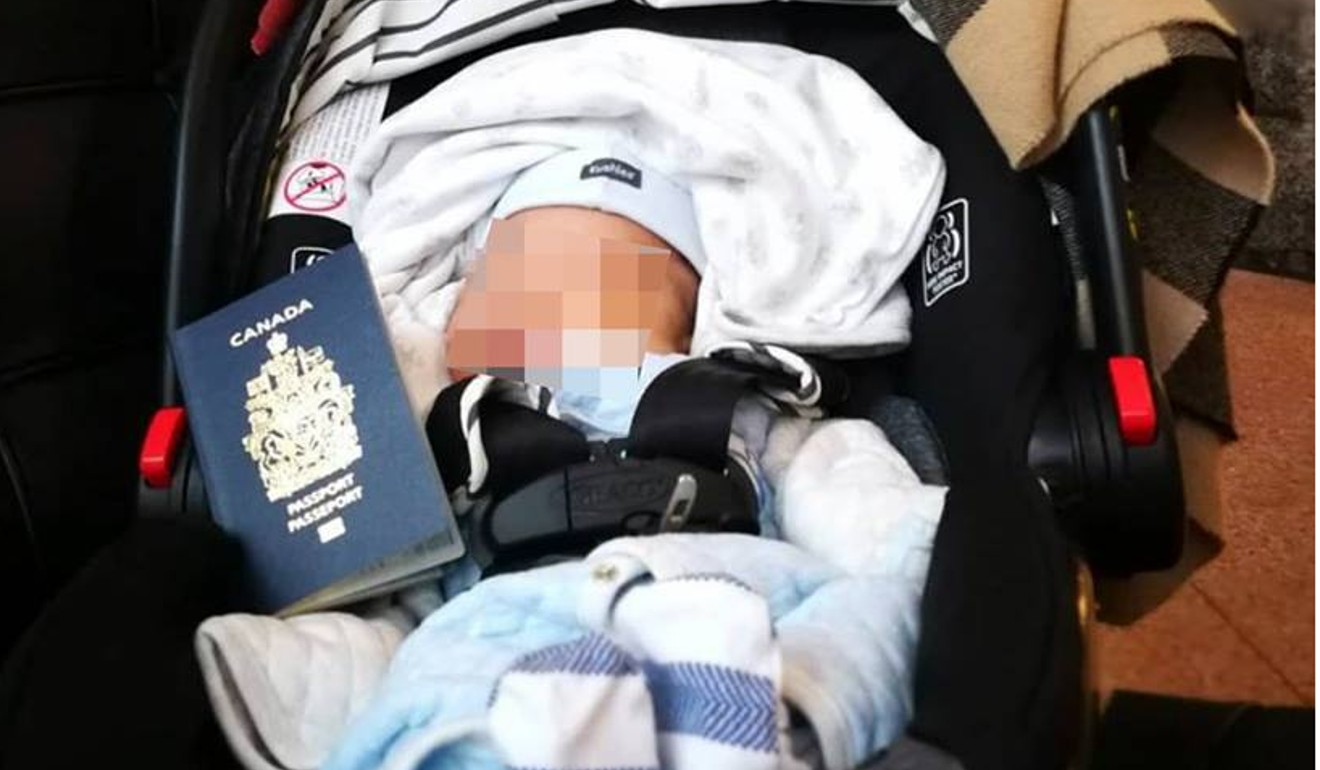
Even in the case of what the guidelines call a “high-risk” pregnancy (the sort that “might create excessive demands”) IRCC staff are told that because the child becomes a Canadian citizen immediately, “concerns regarding the demands that may be placed on health and social services by the child after birth in Canada may not be used in assessing the medical admissibility of the TRV applicant”.
The law and its application appear to be settled matters, as far as IRCC is concerned. Birth tourism isn’t a loophole. It’s not a grey area. It’s 100 per cent legal.
The stateless scenario and the sledgehammer option
Immigration lawyer Steven Meurrens, a partner at Vancouver’s Larlee Rosenberg, pointed out the IRCC staff guidelines to the South China Morning Post.
He said he was concerned about misunderstandings in the birth tourism debate, both in terms of the legality of the practice, and the response.
Last month, Canada’s opposition Conservatives voted to encourage the end of citizenship by birthplace unless at least one parent holds Canadian citizenship or permanent residency, in direct response to the booming Chinese birth tourism industry.
Canada’s Conservative opposition seeks to end birthright citizenship
The Tory proposal, in turn, prompted concerns that it would trigger a wave of statelessness in Canada and that the measure would result in citizenship being stripped from current holders.

“It seems like all sides are presenting it as an all-or-nothing scenario … The stateless scenario I think is overblown, because it’s easy to draft an exception,” said Meurrens, citing the example of New Zealand, which does not grant unrestricted birthright citizenship (jus soli), but includes an exception for people who would otherwise be born stateless.
Among nations that do not allow unrestricted jus soli, “any country that has ratified the [UN] convention on statelessness certainly has carved out an exception” said Meurrens. “Even in Canada, when the Conservatives introduced bill C24, that would have a stripped the citizenship of people who are convicted of certain terrorism or other offences, they included a carve-out for people who would be stateless,” he added.
Meurrens said he did not have a strong opinion about birth tourism “one way or the other”. And he acknowledged that scrapping unrestricted birthright citizenship would be “huge”, both legally and in the way that the current practice is seen to “symbolise something about the country”.
“But one of the things that give me pause about [unrestricted] birthright citizenship is the wisdom of giving citizenship to people whose parents might not have a permanent path [to legal status in Canada],” he said (children must be 18, and already living in Canada, before sponsoring parents as immigrants).
Nothing in international law requires Canada to bestow citizenship on the basis of birth
“Especially if they’re a foreign worker who doesn’t have a pathway to permanent residency … are we just setting up a scenario where we are giving citizenship to people who may wind up being, in effect, deported if their parents have to leave Canada?”
Fellow Vancouver immigration lawyer Richard Kurland isn’t convinced by about the wisdom of the Tory proposal (to put it mildly), which he sees as a very expensive sledgehammer to kill a relatively insignificant fly. He points out that birth tourism appears mainly restricted to one hospital in Canada.
Instead of upending Canada’s immigration and citizenship system, and creating new layers of costly bureaucracy, he said birth tourism could be addressed on a local level by councils refusing to grant business permits to baby houses.
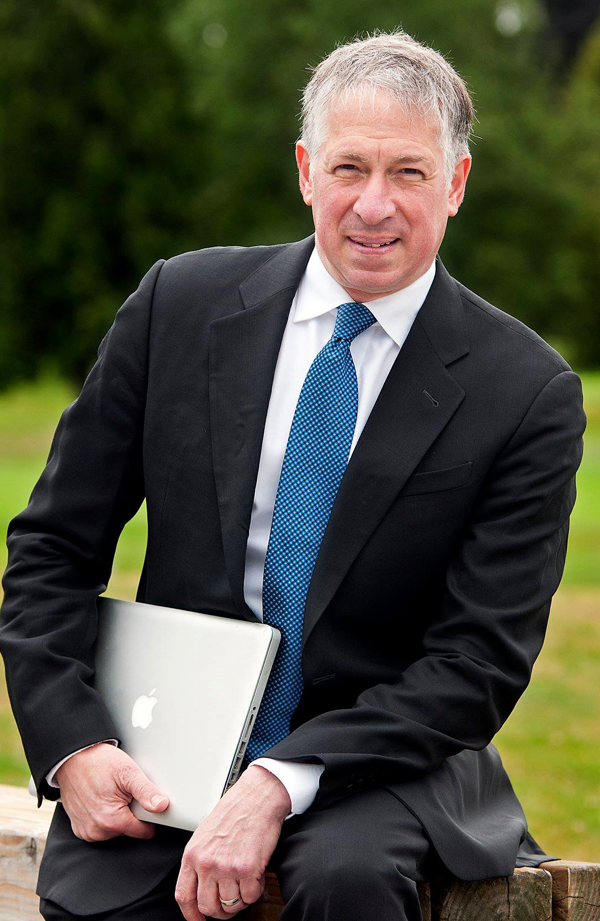
Kurland also reckons the refusal of China to allow dual citizenship means that the practice could be effectively stamped out by Canada simply requesting Chinese authorities to cooperate.
If Chinese authorities were alerted when an infant born to a birth tourist was headed their way, the parents would be forced to decide whether the “insurance” of holding a Canadian passport was worth the immense inconvenience for their child to grow up in China as a foreigner.
“Then the choice is, alright, my baby is Canadian. The baby needs a visa, as a foreigner, to remain in China, and they will not receive free education, free medical care,” said Kurland. Canadian citizenship would be promptly renounced, and tipping off Chinese authorities in such a way would stop birth tourism dead, he said.
Foreign births soar at epicentre of birth tourism in Canada
In contrast to the US notion of the “anchor baby”, in which such children are supposedly used to bolster a parent’s attempts to stay in the US themselves, Chinese birth tourists and their children typically return immediately from Canada to China as soon as the child’s Canadian passport is secured.
But, says Kurland, parents may also obtain from the local consulate a Chinese passport for the infant – currently allowing the child to enter China without flagging that Canadian citizenship has also been asserted.
Governing Liberals ‘disturbed’. Government lawyers, not so much
From political opponents, the response to the Tory proposal has been scathing.
New Democratic Party (NDP) leader Jagmeet Singh tweeted that the policy was an example of “division and hate”.
Gerald Butts, principal secretary to Liberal Prime Minister Justin Trudeau called it a “deeply wrong and disturbing idea”.
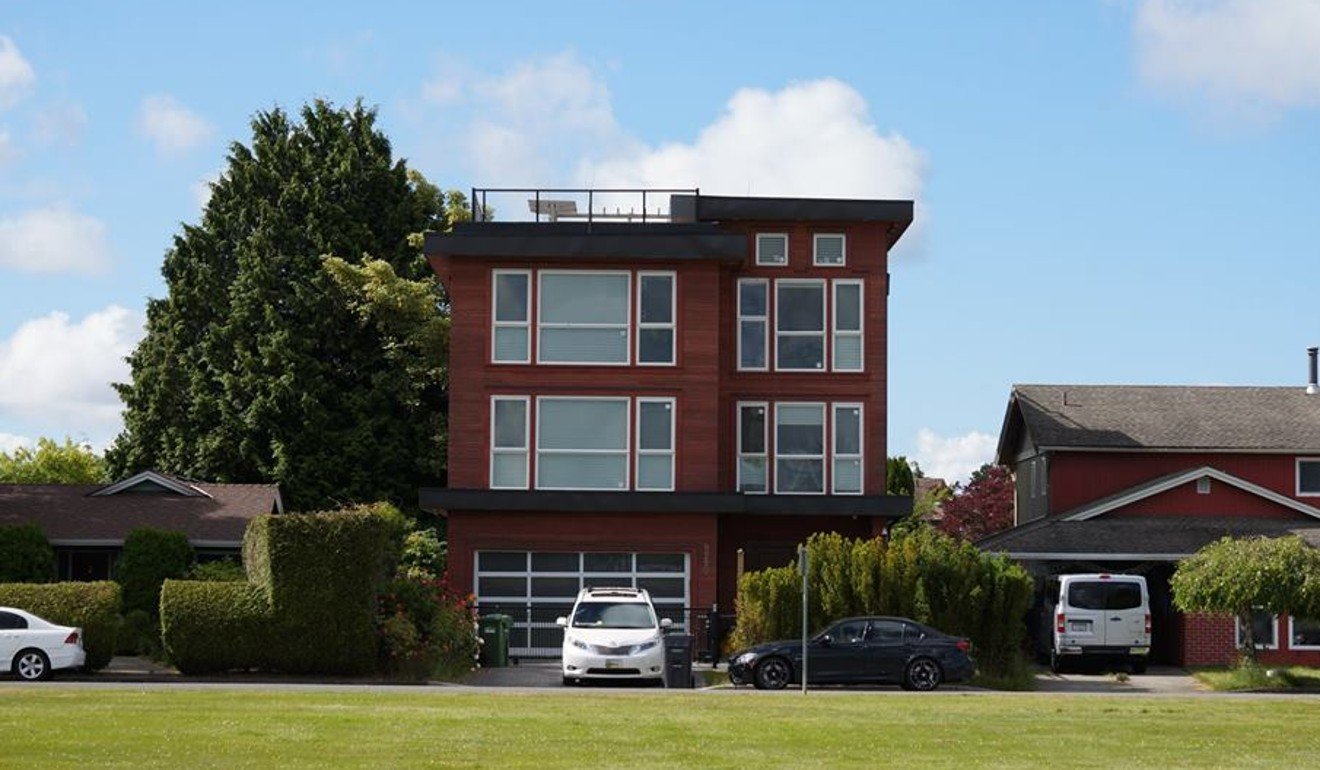
No European countries, said the submission, grant unqualified automatic citizenship by birth, “they have no obligation to do so”, and “nothing in international law requires Canada to bestow citizenship on the basis of birth”.
Maybe nothing in international law. But Canadian law, for the purposes of birth tourism at least, is quite another matter.
*
The Hongcouver blog is devoted to the hybrid culture of its namesake cities: Hong Kong and Vancouver. All story ideas and comments are welcome. Connect with me by email [email protected] or on Twitter, @i anjamesyoung70.

